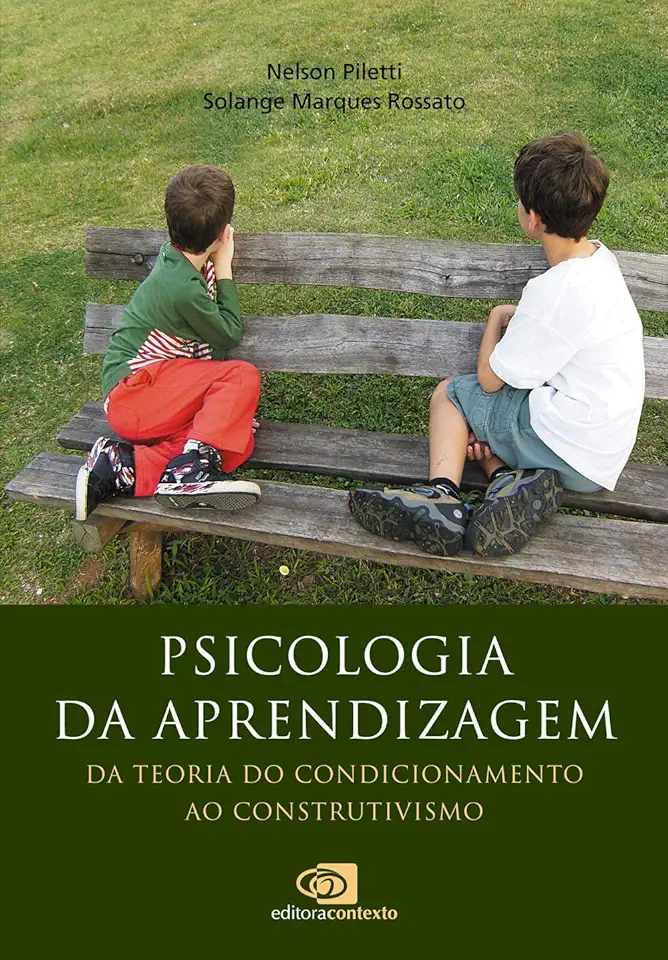
Educational Psychology - Nelson Piletti
Educational Psychology: A Comprehensive Resource for Educators
Understanding the Learner
Educational psychology is the study of how people learn and how to best facilitate that learning. It is a field that draws on a variety of disciplines, including psychology, education, and neuroscience. Educational psychologists are interested in understanding how students learn, how teachers can best help them learn, and how to create effective learning environments.
Theories of Learning
There are many different theories of learning, each with its own unique perspective on how people learn. Some of the most common theories include:
- Behaviorism: This theory emphasizes the role of external stimuli and rewards in shaping behavior.
- Cognitivism: This theory focuses on the mental processes involved in learning, such as attention, memory, and problem-solving.
- Constructivism: This theory emphasizes the role of the learner in constructing their own knowledge and understanding.
- Social learning theory: This theory emphasizes the role of social interaction in learning, such as learning from peers and teachers.
Learning and Motivation
Motivation is a key factor in learning. Students who are motivated are more likely to pay attention, remember information, and solve problems. There are many different factors that can influence motivation, such as:
- Intrinsic motivation: This type of motivation comes from within the individual, such as the desire to learn or the enjoyment of a task.
- Extrinsic motivation: This type of motivation comes from outside the individual, such as rewards or punishments.
- Self-efficacy: This is the belief in one's own ability to succeed. Students with high self-efficacy are more likely to be motivated to learn and to persist in the face of challenges.
Learning Environments
The learning environment plays a critical role in student learning. Effective learning environments are those that are:
- Safe and supportive: Students need to feel safe and supported in order to learn effectively.
- Engaging and stimulating: Students are more likely to learn when they are engaged and stimulated by the learning environment.
- Challenging but not overwhelming: Students need to be challenged in order to learn, but they also need to feel that they can succeed.
- Collaborative: Students learn best when they have opportunities to collaborate with others.
Assessment and Evaluation
Assessment and evaluation are essential components of the learning process. Assessment helps teachers to track student progress and identify areas where students need additional support. Evaluation helps teachers to determine whether students have met the learning objectives. There are many different types of assessment and evaluation tools, such as:
- Tests: Tests are a common way to assess student learning. Tests can be used to measure student knowledge, skills, and abilities.
- Quizzes: Quizzes are short tests that are used to assess student learning on a specific topic.
- Projects: Projects are a way for students to demonstrate their learning in a creative way.
- Portfolios: Portfolios are collections of student work that can be used to assess student progress over time.
Educational Psychology in Practice
Educational psychology is a field that has a wide range of applications in the real world. Educational psychologists work in a variety of settings, such as schools, universities, and businesses. They work with students, teachers, and administrators to improve teaching and learning. Some of the specific ways that educational psychologists can help include:
- Developing effective learning materials: Educational psychologists can help to develop learning materials that are engaging and effective for students.
- Providing professional development for teachers: Educational psychologists can provide professional development for teachers on a variety of topics, such as effective teaching strategies, classroom management, and assessment.
- Working with students with learning disabilities: Educational psychologists can work with students with learning disabilities to identify their needs and develop strategies to help them succeed.
- Conducting research on learning and teaching: Educational psychologists conduct research on a variety of topics related to learning and teaching. This research helps to inform educational practice and improve student learning.
Conclusion
Educational psychology is a fascinating and complex field that has a profound impact on the lives of students. By understanding how people learn, we can create more effective learning environments and help students to reach their full potential.